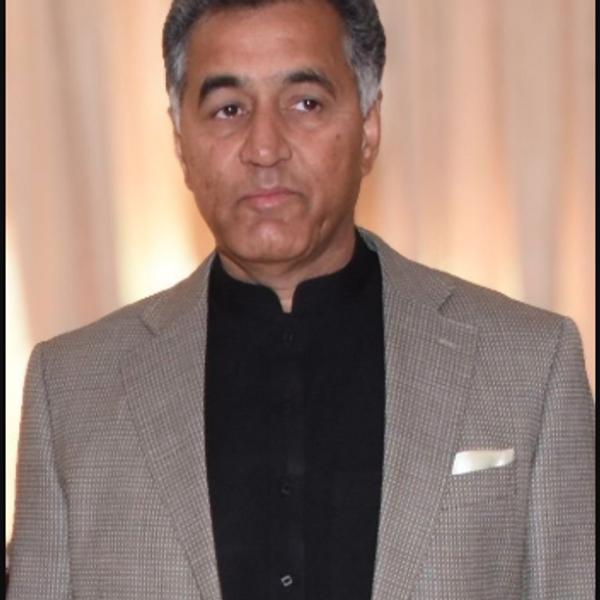20 Indian, 2 Pakistani startups on Forbes Asia 100 to Watch list
The 100 companies featured on the list all share a "strong innovative streak" and have received over $2 billion in funding so far
Business Desk
The Business Desk tracks economic trends, market movements, and business developments, offering analysis of both local and global financial news.

The 100 companies featured on the list have received over $2 billion in funding so far
Forbes website
This year's list features startups from 16 countries
India has the highest number of companies on the list
Singapore has 15 startups and China 10
Twenty Indian startups — the highest from any country in the region — and two Pakistani startups have made it to the coveted Forbes Asia 100 to Watch List.
Details of the list, which showcases small companies and startups in Asia-Pacific that grab investors’ interest, were released on the magazine’s website on August 28.
The 100 companies featured on the list all share a “strong innovative streak” and have received over $2 billion in funding so far, according to Forbes, with some of them even raising money since the start of 2023 when venture capital funding in the region was at a seven-year-low.
This year’s companies are from 16 countries and territories and operate in 10 different sectors, including enterprise technology and robotics, finance, and manufacturing and energy.
India has the highest number of startups on the list at 20, followed by Singapore at 15 and China at 10.
Indian startups
Six of the Indian startups were from the enterprise technology and robotics sector, three each from manufacturing & energy, finance and agriculture, two each from space technology and education & recruitment and one from biotechnology & healthcare.
Agnikul Cosmos
The startup, which was founded in 2017, aims to “make space accessible to everyone”. It develops launch rockets that send spacecraft, satellites and other payloads into space, and conducted its first successful test in May.
Agnikul has raised $42 million so far — the highest among the Indian startups on the list — including through a $26 million series B funding round in October.
Sarvam AI
Founded last year, Sarvam AI works on large language models (LLMs). The startup, which announced a collaboration with Microsoft earlier this year, aims to make generative AI apps more accessible and accurate in India.
It has raised $41 million so far, including through a series A funding round completed in December.
Spotdraft
A legal tech startup, Spotdraft was founded in 2017 and helps companies draft contracts more easily based on keywords in Microsoft Word-documents using its Draftmate AI tool.
The company raised $26 million in a series A funding round.
Entropik
Entropik uses its AI software to gauge consumer interests more accurately by analyzing their written responses and changes in facial expressions and tones in their surveys, calls and video meetings.
Founded in 2016, the startup raised $25 million in February.
indiagold
With over a million downloads of its app, indiagold allows its users to buy and sell gold, borrow against their gold and keep it in insured lockers.
The fintech was founded in 2022 and raised $22 million in a series A round that same year.
Pakistani startups
NayaPay
The fintech, which has been operating since 2016, offers e-wallet, virtual debit card and online payments services. Moreover, it provides point-of-sale (POS) devices for businesses.
The startup had raised $13 million in a seed funding round in 2022.
Dealcart
Dealcart started operations in 2022 and is an online grocery service that focuses on Pakistanis “who typically spend about 50% to 60% of their income on groceries and essentials”. By working directly with manufacturers, Dealcart offers lower rates for fresh fruit and vegetables, snacks and detergents, etc, through group buying, according to its website.
The startup raised $3 million in a seed funding round in July.










Comments
See what people are discussing